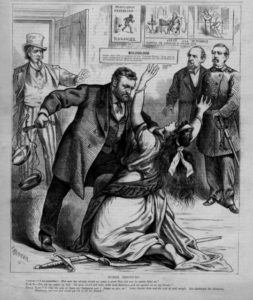
Grant’s Mixed Legacy
Books can have an impact. Readers without patience to wade through all 1,074 pages of Ron Chernow’s frequently cited biography are told in the introduction that Ulysses S. Grant was “the single most important figure behind Reconstruction” and that the “imperishable story of Grant’s presidency was his campaign to crush ...
Read More
Read More

Introducing Ann Tucker to the Muster Team
Muster is proud to introduce Ann Tucker as a regular contributor. Ann L. Tucker is an assistant professor of history at the University of North Georgia. She earned her BA at Wake Forest University and MA and PhD the University of South Carolina. Dr. Tucker’s areas of expertise include the US ...
Read More
Read More
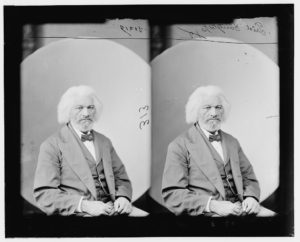
“It is no part of our duty to confound right with wrong”: Frederick Douglass and Ulysses S. Grant on Reconciliation and Its Pitfalls
Speaking in New York City in 1878, Frederick Douglass had a warning for white northerners about how they remembered the Civil War. "Good, wise, and generous men at the North," Douglass observed, "would have us forget and forgive, strew flowers alike and lovingly, on rebel and on loyal graves." A ...
Read More
Read More
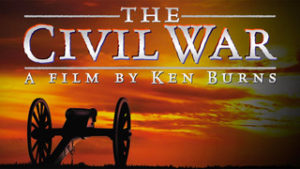
A Mistaken Form of Trust: Ken Burns’s The Civil War At Thirty
Confederate flags are coming down, statues are being toppled, Lady Antebellum has lost the “Antebellum,” and the Dixie Chicks have lost the “Dixie.” But the reckoning that’s been sweeping the United States in recent months has left one Civil War monument strangely untouched: the Ken Burns documentary. When it was ...
Read More
Read More

What the Name “Civil War” Tells Us–and Why It Matters
What do Americans call the conflict that tore their nation apart from 1861 to 1865? And what difference does it make what name they use? Today most call it the Civil War, but as I discuss in my recent article in the September issue of the journal, Americans have not ...
Read More
Read More
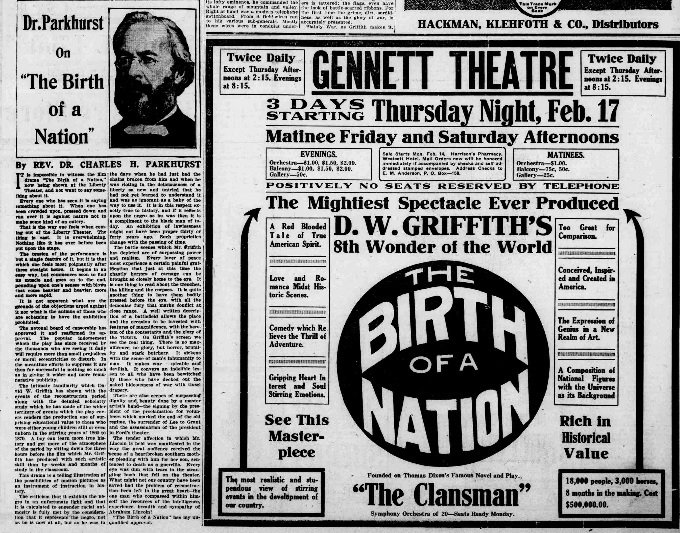
Outrageous Inaccuracies: The Grand Army of the Republic Protests The Birth of a Nation
When the motion picture film The Birth of a Nation was released in 1915, most veterans of the American Civil War were in their seventies and eighties. Membership in the Grand Army of the Republic (GAR)—the largest fraternal organization of Union veterans in the country—had declined by that time to ...
Read More
Read More
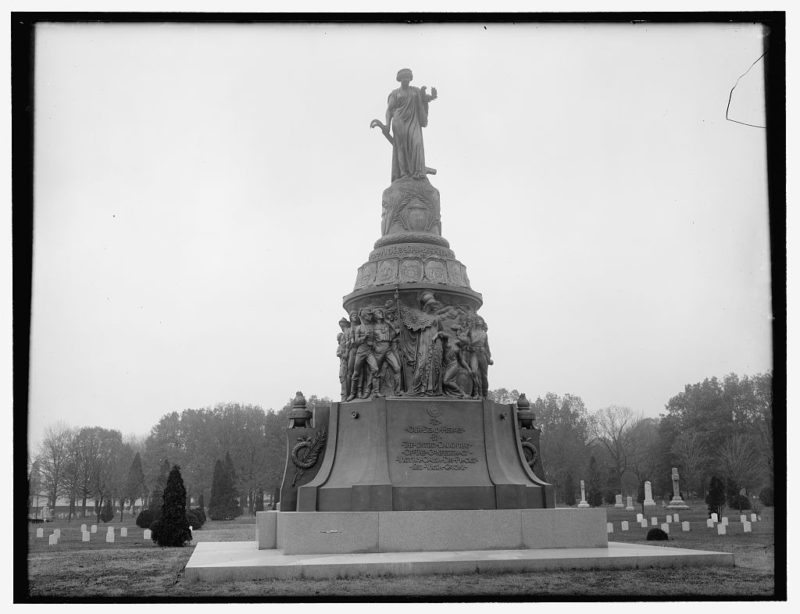
All Brave Men Are True Comrades: Union Veterans and Confederate Memorials
Today James Marten, professor of history at Marquette University, shares his first Field Dispatch. The author or editor of fifteen books, Marten was the 2010 winner of MU’s Lawrence G. Haggerty Award for Excellence in Research. Among his recent publications are America’s Corporal: James Tanner in War and Peace (Georgia, 2014) and Sing ...
Read More
Read More
